In this blog we will be discussing what you need to know about the Coronavirus (2019-nCoV). Chinese authorities in Wuhan City, Hubei Province,China, alerted the World Health Organisation (WHO) on 31 December 2019, of an increased number of pneumonia cases. On the 7th of January Chinese authorities confirmed that they have a new virus.
Since then the number infected has grown to 6,137 of which 132 resulted in death. The fatality rate of the Coronavirus is approximately 2%. This might seem low, but look at it this way. If 100 people are infected with 2019-nCoV, 2 will die. The common cold on the other hand, if 10,000 are infected, only 1 will result in death. Another concern about 2019-nCoV is the infection rate, especially in densely populated areas like Wuhan City & neighbouring cities.
So, how did Coronavirus start?
It’s believed that Coronavirus originated in a seafood market in Wuhan City. Reports indicated that some stallholders illegally traded in wild animals like; bats, snakes, marmots, rabbits and birds. Coronavirus is known to be contracted by humans who came in contact with an infected animal. The most likely origin is that a stallholder contracting the virus from one of his/ her animals, spreading the virus to humans who bought the meat or by human-on-human contact. According to Wuhan Institute for Virology, a test showed that the 2019-nCoV tested 96% identical to a Coronavirus found in bats. More research will have to be done, before they can confirm this result.
What are the symptoms Coronavirus?
Coronavirus starts out similar as the common cold. Symptoms include; runny nose, headache, sore throat, cough, fever and a general feeling of being unwell. As the Coronavirus attacks your body more severe infection in your upper an lower respiratory tract will occur, resulting in pneumonia or bronchitis.
Is there a cure?
There is no cure for 2019-nCoV. The best Doctors can do is to treat the symptoms. It is very important to see your Doctor as soon as possible if you have flu-like symptoms that don’t go away. If you recently traveled abroad, even if you didn’t travel to China or any other country with confirmed cases, disclose this to your Doctor. You can contract this virus by simply touching a surface an infected person touched. Airports are the perfect opportunity for a virus to spread internationally.
Who is most at risk?
As we already know with any type of influenza, anybody is at risk of contracting the disease. However, pregnant mothers, the elderly, small children or individuals with a compromised immune system (HIV, Autoimmune disease, etc) are more likely to suffer from severe symptoms which may result in death. If one of the above individuals experience any flu-like symptoms, it is best for them to see their Doctor as soon as possible.
What can you do to prevent Coronavirus?
It is best to delay any travels to infected cities, especially Wuhan. Other regions that have confirmed cases are Beijing, Shanghai and Guangdong province. If you have to travel to one of these cities, it is important to follow the WHO Coronavirus Advice. If you work with international customers or have colleagues that travel internationally it is important to remember the above prevention techniques.
Is South Africa at risk?
On the 23rd of January 2020, WHO stated; “This is an emergency in China, but it has not yet become a global health emergency. It may yet become one”. South Africa welcomes more than 17 million tourists annually. More than 6 million South Africans travel internationally for work or leisure annually. Just because there hasn’t been a confirmed case in ZA, doesn’t mean that we don’t have to worry about it.
Something I think we should all start practising is to reduce/ eliminate touching our face in public or before thoroughly washing our hands. One study showed that the average person touches their face approximately 3000 times daily. That is 3000 possibilities for contracting some type of virus.
Conclusion
We wish organisations like WHO and everyone involved in research, decontamination and especially all the healthcare workers that treat the infected all the best. We owe our lives to each and every one of you. Our condolences to the families who’ve lost loved ones to 2019-nCoV. Lastly, all the best to those currently fighting for their lives.
To those not infected, let’s all practice good basic hygiene, keep clear from persons with flu-like symptoms and practice food safety. Let’s all do our part to prevent this virus from spreading any further.
Help boost your immune system by opting for ozone therapy. Each session takes about 30 minutes to complete and can be enjoyed daily or weekly, depending on your personal circumstances. As stated before, there is no cure for Coronavirus, but ozone can help by boosting your immune system and fighting off viruses and bacteria in the body. Ozone therapy has over 100 health benefits. For more information, feel free to contact us – [email protected]
[ UPDATE – 6 February 2020]
According to CNN, the death toll of the Coronavirus in China has risen to 560, after more deaths were reported in Hubei Province. There are approximately 28,000 reported cases of infection in mainland China so far. 25 Countries have confirmed cases of the virus with 2 fatalities outside of China, one in Hong Kong and the other in the Philippines.
Evacuations & airport safety
Multiple countries across the world have evacuated their citizens from China. Most will stay in quarantine for at least 14 days upon arrival in their home countries.
In an effort to prevent the spread of the Coronavirus in Italy and Europe, Italian airport officials are scanning all passengers arriving on international flights, this includes flights from Asia as well as the rest of the world.
Fake News
Since the outbreak of the Coronavirus there has also been a lot of fake news. Especially those that can profit from it. These days it is very difficult to differentiate between fact and fiction. I think the best source for information regarding the Coronavirus, what to do and our next steps, is the World Health Organization (WHO). These people are giving all they have for us, the public. They are on the front lines of infectious disease and are up to date on the latest development regarding; how the virus spreads, prevention and treatment. They have added a page to their website called Myth busters, where they answer our questions, you can view it here – WHO Myth Busters Q&A.
Ozone & infectious disease
Dr Robert Rowen from Santa Rosa in the USA posted an interesting video on YouTube regarding how ozone therapy can assist in the fight against the Coronavirus and similar diseases. He also touches on the fact why ozone isn’t promoted by mainstream health organisations and how understated ozone therapy really is. Let us know your thoughts in the comments below.
[ UPDATE – 6 March 2020 ]
Since our last update a month ago, reported cases of the Coronavirus has risen from 28,000 to a shocking 95,000 cases worldwide, according to CNN. The death toll in early Feb was 560 in China and 2 outside of China, the latest statistics show that more than 3,200 people have lost their lives so far. The Coronavirus doesn’t seem to be slowing down. Over 80 countries have confirmed cases of the Coronavirus, the highest of these are China, South Korea, Iran and Italy.
The future of this virus is unclear, all we do know is that it is each and every person’s responsibility to do their part in preventing the spread of this disease.
Not infected?
For those who are not infected, it is very important to keep yourself safe. Washing your hands on a regular basis is very important. If you are in a public place or can’t wash your hands, using a hand sanitiser with a high alcohol content will also help. Avoid touching your eyes, nose & mouth at all times. Below is a helpful video regarding personal hygiene and prevention.
Until they’ve found a cure or vaccine, I would suggest you postpone all travel arrangements. If you feel that you are strong enough to survive this virus, remember you will not only contract the disease you will also be highly contagious, putting others lives in danger which may result in their death.
Infected?
If you’re suffering from any respiratory symptoms including a cough & sore throat, it is advised to stay home. Call your work and explain the situation. Next, and this is very important, so I’ll put it in caps, DO NOT GO THE HOSPITAL. This might seem silly, but if you think about it, you’re highly contagious with a disease that kills almost everyone with a low/ compromised immune system, the elderly, etc. Now you go into a hospital, where you most likely had to sit in a waiting room to be seen by a Doctor, you’ve used a pen & clip board to fill in your personal information, you’ve been examined by a Doctor in his consulting room. How many surfaces have you touches so far?
The cleaner will at some point have to clean the consulting rooms. Not only does he/ she contract the disease, they also spread it within the entire hospital. To the cancer ward, burn victim ward, ICU, the list goes on. So what are you suppose to do then? Best thing is to call your local hospital and find out from them. Avoid going outside or physically interacting with others.
[UPDATE – 21 March 2020 ]
By now, we are all aware of the tragic effects and serious spread of the Coronavirus, world wide. The first case of COVID-19 in South Africa was confirmed on the 5th of March 2020. Since then the numbers have only increased and does not seem like it will be slowing down soon.
As of Saturday, March 21st, the number of confirmed cases in South Africa are 240 in total, below is a run down of cases per province:
- Eastern Cape – 1
- Free State – 7
- Gauteng – 125
- KwaZulu-Natal – 27
- Limpopo – 1
- Mpumalanga – 5
- North West – 0
- North Cape – 0
- Western Cape – 74
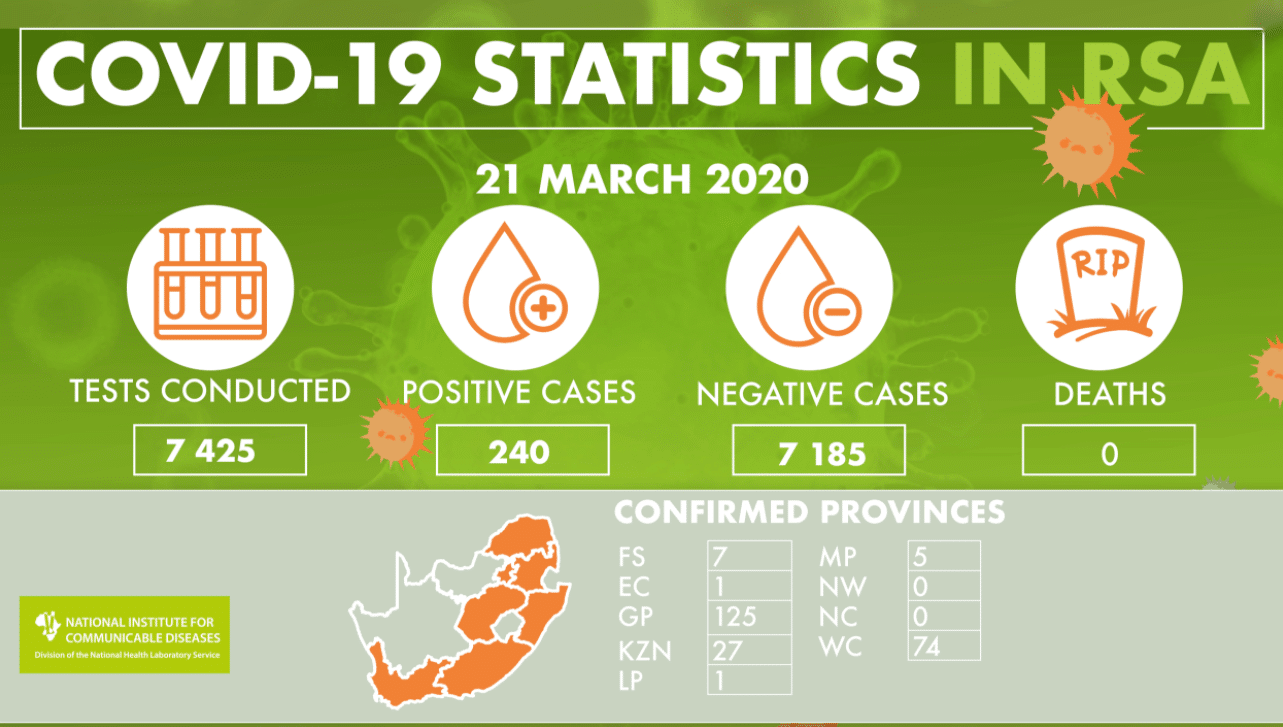
The South African government has implemented important measures we all must follow to prevent further spread of the COVID-19 virus. It is very important for all of us to stay vigilant and do our best. Government are also closely watching the increase of cases and will most probably implement a complete lock down within the next few weeks.
During this time, practice:
- Social distancing [check out the video below]
- Wash your hands regularly
- Don’t touch your face
- Cough and sneeze into your arm or a tissue
- If you feel ill, self isolate and call your local support centre (South Africa 08 000 29999) DO NOT go to your Doctor, Hospital or any public places)
Confirmed cases have also risen worldwide, even though most countries are in total lockdown. Currently, those infected stand at 301,630 of which 12,955 people have died and 94,625 have recovered.
I think I can speak for all of us when I say, this pandemic has stirred a level of uncertainty and fear I never knew I had. I the same breath I also feel a level of support and comfort from my fellow humans. It is inspiring to see how humans are standing together, supporting each other by singing songs, public displays of hope and those weirdos online creating hilarious content to boost all our moods. We have no idea how long COVID-19 will inhibit our everyday lives and how it will effect each and everyone of us forever.
My hope for mankind today is for us all to realise how precious life is. How we have taken everything for granted and how little we have cared for this earth. I hope that we will all walk out of this with a new totally perspective on how we should live, how we treat each other and how we look after nature.
Best wishes, stay safe and be proactive. xxx
[ UPDATE – 31 March 2020 ]
It’s with a heavy heart that I update this blog post. The world is nudging closer and closer to 1 million confirmed cases. The death toll is currently at 37,829 and counting.
On the bright side, most countries have issued a lockdown period in the hope to flatten the curve of infections, making it easier for medical staff and facilities to treat those with severe symptoms. For most, lockdown has been a success.
If you were wondering where we get our info, we rely mainly on reputable sources like the World Health Organization (WHO) and reliable news outlets. We have also come across the below two websites, which spreads a bit more light on the infections, deaths and recovery totals around the world.
Google maps created this interactive worldwide map – https://google.com/covid19-map/
Johns Hopkins Univeristy also created an interactive case study map – https://coronavirus.jhu.edu/map.html
South Africa is currently on its 5th day of lockdown and it seems to be going well in the most part. Yes, there will always be people who think they are smarter or stronger, only to learn a very hard and in this case, probably fatal lesson.
BUT, I am proud of South Africa. How we have come together. Political parties have put aside their political agendas and for once are focusing on the well being of their people. Small businesses are being supported by individuals & government. Banks are restructuring their rates and charges to alleviate the pressure on those with families, those who have or will be losing their jobs or not receive a salary. Businesses who, even in this uncertain time, pay their staff in full even though they wont be working for a month.
So many good things are happening among all of this fear, illness and death. It is important that we see the beauty of people in this time. Each and every good deed is a little light shining in the dark and if we allow ourselves to see each and every light, we will soon realize that we are no longer in darkness but darkness in us.
We are in this together and together we will walk out stronger and more united. May we never forget this.
All the best to each and every one, stay safe. xx
[ UPDATE – 9 April 2020 ]
COVID-19 cases around the globe are increasing. As of last night the statistics were as follow worldwide:
- Confirmed cased – 1,464,852
- Recoveries – 315,105
- Deaths – 85,397
South Africa is in it’s second week of lockdown. The numbers are still climbing, but we haven’t had a drastic spike in cases thus far. We currently have 1,749 confirmed cases, of which 45 have recovered and 13 have died.
Our prayers and best wishes goes out to all the families affected.
We have received some positive feedback regarding the effects of ozone on COVID-19 positive patients in both Italy and China. You can view this blog by clicking here.
Parts of Italy and China have officially approved the use of ozone therapy as a treatment for COVID-19. Ozone is not a cure, but seems to be aiding in the treatment of patients diagnosed with COVID-19 in Italy.
Even though Italy and China have been given the go-ahead to treat patients with ozone, it is very important to remember that this is still not a proven method of treatment. Until then, we advise all our customers and readers to follow their government’s guidelines and protocols, regarding this matter. And not to promote false hope to those affected by this virus.
We will keep you updated as best we can regarding the treatment of COVID-19 with ozone.
For any questions, feel free to contact us | [email protected] | +27(0)72 422 1967
Stay safe & stay home. xx

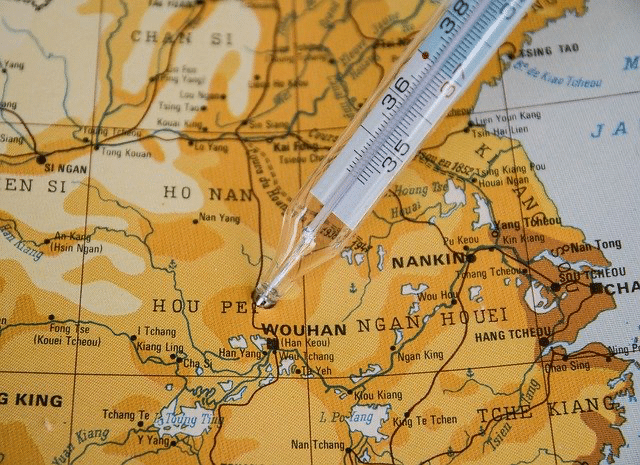
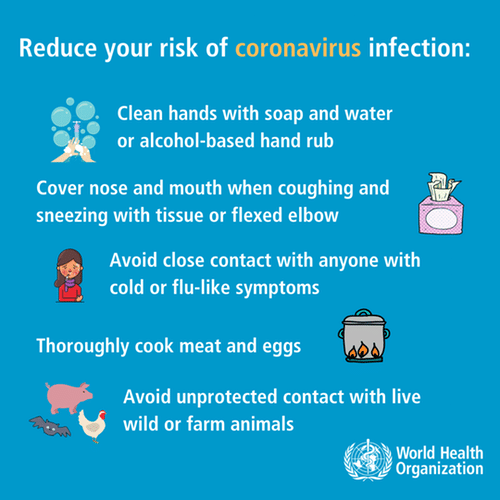
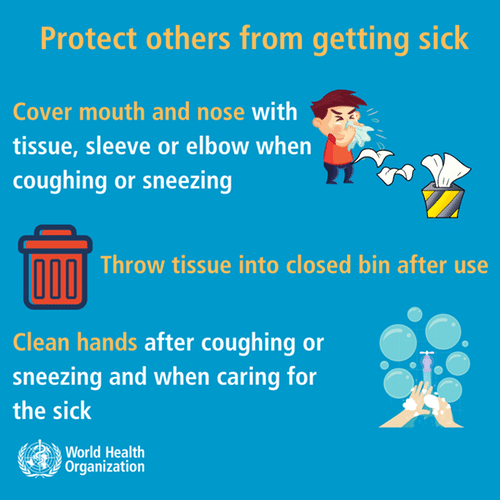
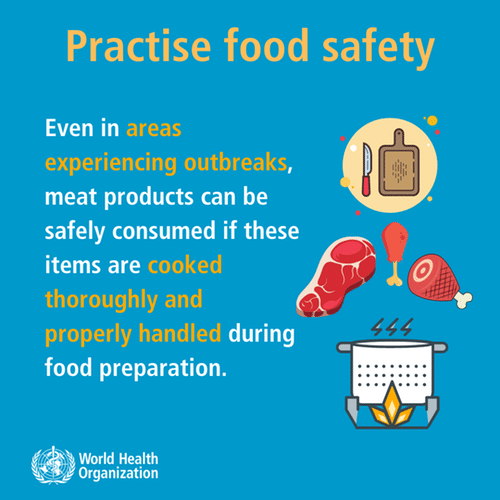
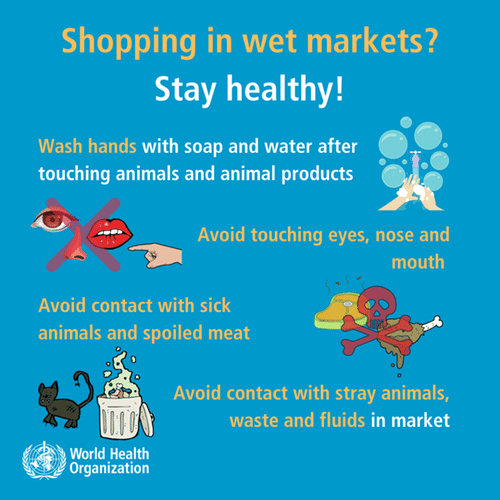
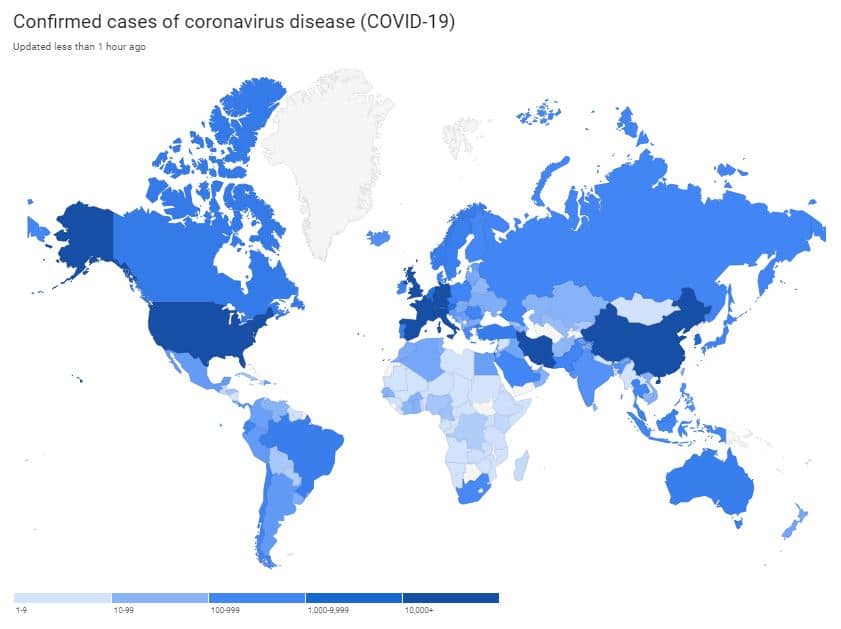
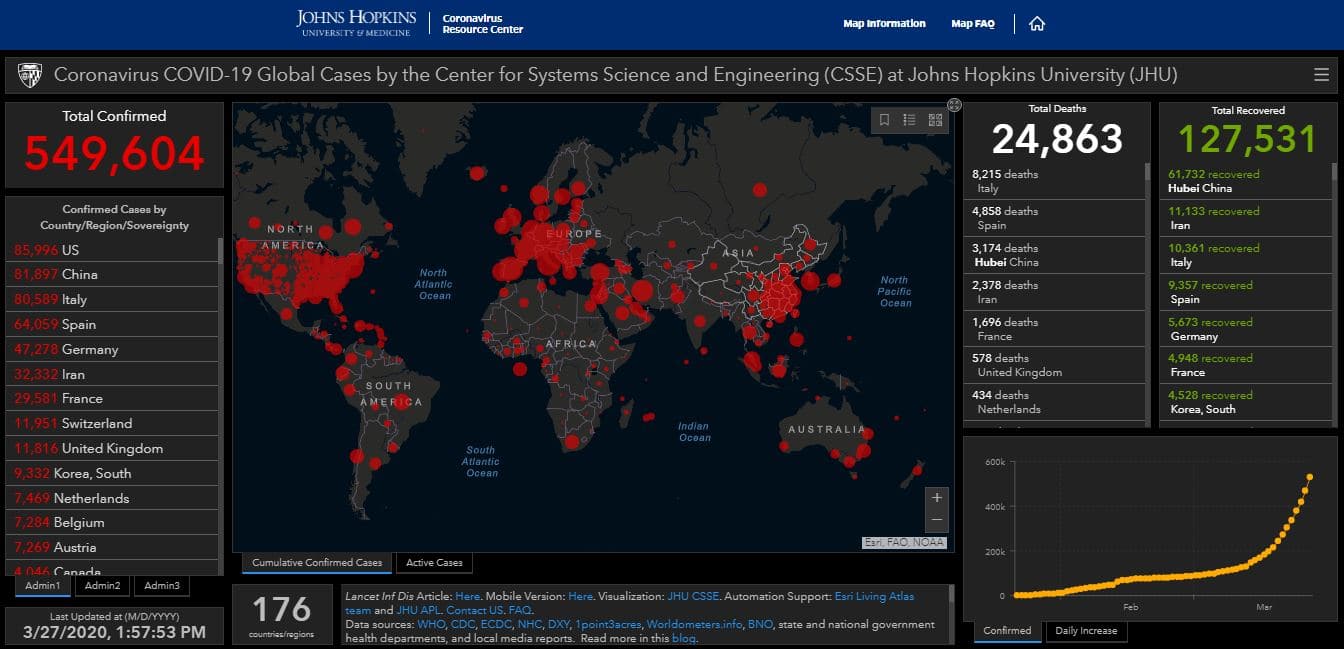





2 comments
Join the conversationBoyo - March 5, 2020
Meat market my arse.
WHO says closing borders would exacerbate the spread while admitting a carrier going through screening could pass a fever scan?
I know one thing for certain, I’m being lied to.
How To Keep Healthy In Coronavirus – Movie Online – Tutorial - May 17, 2020
[…] Download Image More @ salvagente.co.za […]